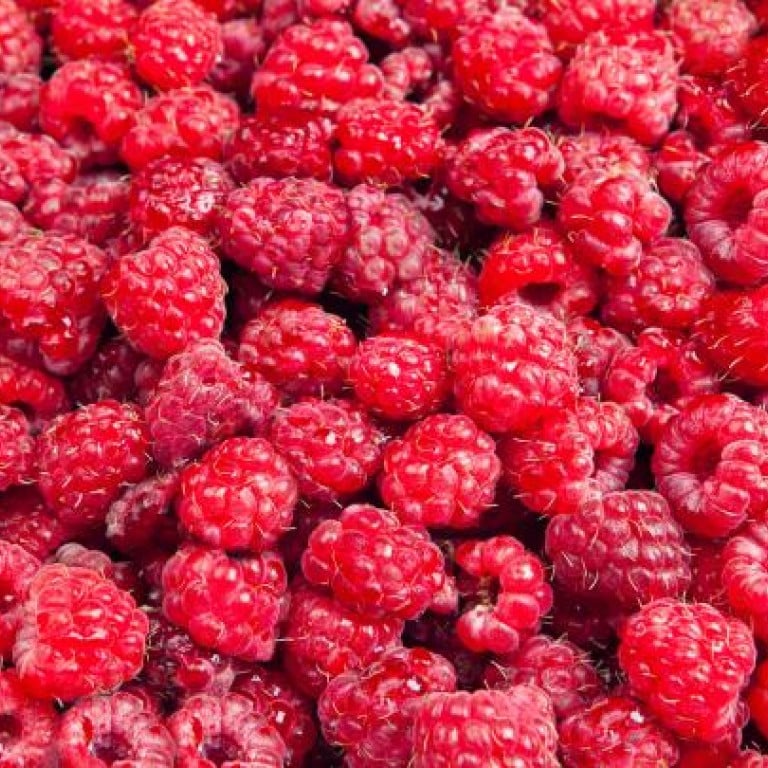
Nutrition: Raspberry ketones
Could raspberry ketones be magic? Popular television doctor Mehmet Oz certainly thinks so: he proclaimed last year on The Dr Oz Show that the raspberry compound was "the miracle fat burner in a bottle".
Could raspberry ketones be magic? Popular television doctor Mehmet Oz certainly thinks so: he proclaimed last year on that the raspberry compound was "the miracle fat burner in a bottle". Since then, the dietary supplement, which costs an average of US$20 a bottle, has been selling out in health food stores in the US and Britain.
Search online and you'll find many testimonials from happy customers - some even claiming to have seen results in as few as five days. But you'll also find many doctors warning against putting your money and faith in this latest weight-loss short cut.
There have been no major human studies to support the touted fat-burning feats of raspberry ketones. A few studies, however, have been done in vitro and on mice put on a high-fat diet.
Japanese researchers reported in 2005 that the compound "prevents and improves obesity and fatty liver" by enhancing the break-up of fat cells. Korean researchers reported in 2010 that raspberry ketone increased fat cells' secretion of a hormone called adiponectin that regulates the processing of sugars and fats in the blood.
No reliable clinical research has evaluated this supplement for safety or adverse reactions
Raspberry ketone is the primary aromatic compound of red raspberries. It has been speculated that the compounds increase metabolism generally in a similar way to that of capsaicin found in chilli peppers. Weight management expert Caroline Cederquist, writing in a blog for , says the chemical structure of the compound shares some similarities with synephrine, which is a stimulant, a quality being looked at continuously for weight loss.
The recommended dose is 100mg per day. To get the same benefit from the whole fruit, you'd have to consume 40 kilograms of raspberries.
According to the Food and Drug Administration, raspberry ketones are generally recognised as safe for the small quantities involved when used in food additives. There are no known interactions with medications. Although reported side effects are rare, there have been reports that it has caused palpitations and increased heart rate in some individuals. Safety of use during pregnancy and breastfeeding has not been established.
"Additionally, raspberry ketones can have a negative interaction with the blood thinner Coumadin, which people take for heart or clotting conditions. Most importantly, however, no reliable clinical research has evaluated this supplement for safety or adverse reactions," says Cederquist.
Raspberry ketones are also used in the cosmetics and perfume industries, and as a flavour additive in foods. It is one of the most expensive natural flavourings in the food industry, reportedly costing as much as US$20,000 per kilogram.
There are claims that raspberry ketones may be useful in treating certain types of alopecia or hair loss. In a randomised controlled clinical study in the US, topical cream containing raspberry ketones was applied to the skin and scalp in both mice and humans. Researchers found that the cream increased an insulin growth factor known as IGF-1 in the hair follicles and a promotion of hair growth in mice after four weeks of application. In human subjects, half experienced hair growth after five months.
Studies carried out at Nagoya University in Japan indicated that topical use of raspberry ketones stimulated the release of dermal growth factors resulting in increased elasticity of the skin, helping the skin to remain youthful.
Are raspberry ketones for you? If you trust Oz - a former cardiothoracic surgeon who found fame on - and the testimonials, then you may be compelled to give the supplement a shot. But remember: there is no miracle pill for maintaining weight loss; rather it is the combination of a healthy diet and exercise plan that brings results.
